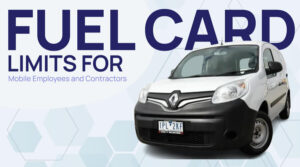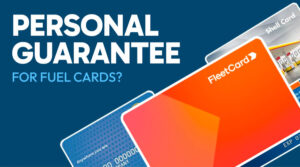To understand how fuel card companies work, we should first define the two categories of fuel card providers.
- Fuel/Oil Providers
- Payment-Processing Companies
Fuel providers own the service stations and truck stops in the network such as Shell and BP. They will often partner up with fleet leasing and management service providers to offer customised fuel cards for clients/members.
Payment-processing companies such as Fleet Card offer multi-branded fuel cards through partnerships and offer ranging discounts and benefits. They make money on each transaction and/or membership-related fees.
I. Revenue from Fuel and Retail Sales
All fuel card companies will make money on all fuel purchases.
For payment-processing companies, they will send their members to different fuel providers’ stations and take a small % cut of the profit on every fuel purchase.
Fuel/oil providers can also enter into partnerships with competitors, offer a small discount at partnering fuel stations, and take a small % of the profit. Their revenue also includes non-fuel sales at their own and partnering stores.
For payment-processing companies, they will either exclude any non-fuel purchases or settle on offering small discounts on those items to attract and retain members. Some of them may take a small cut of the profit as well.
II. Card Fees
Not all fuel cards charge card fees but many do. The fees may vary based on the size of the account (# of cards ordered), type of card products, etc. Here are some types of fees that the fuel card companies could charge:
- Application or joining fees
- Monthly or annual membership fees
- Transaction fees
- Invoice payment processing fees
- Late payment penalties
- Replacement or additional cards
III. Revenue from Additional Services
The fuel card companies can offer additional services to their existing customer base such as roadside assistance or fleet leasing.
——
While these are the 3 main sources of revenue for most fuel card companies, some may incorporate other creative ways to improve their bottom line. Fuel cards often enter into partnerships with many vehicle-related shops (e.g. tyres, carwash, etc.) and other retailers for mutually beneficial arrangements.
That’s how the fuel card companies are able to promote different deals to attract new customers so often. And, that’s why it’s so important to do your due diligence on discounts and benefits for each of the fuel cards you are comparing to get the best deal possible.



Hi
Who to apply for full card discount for business
What need from me can you please tell me